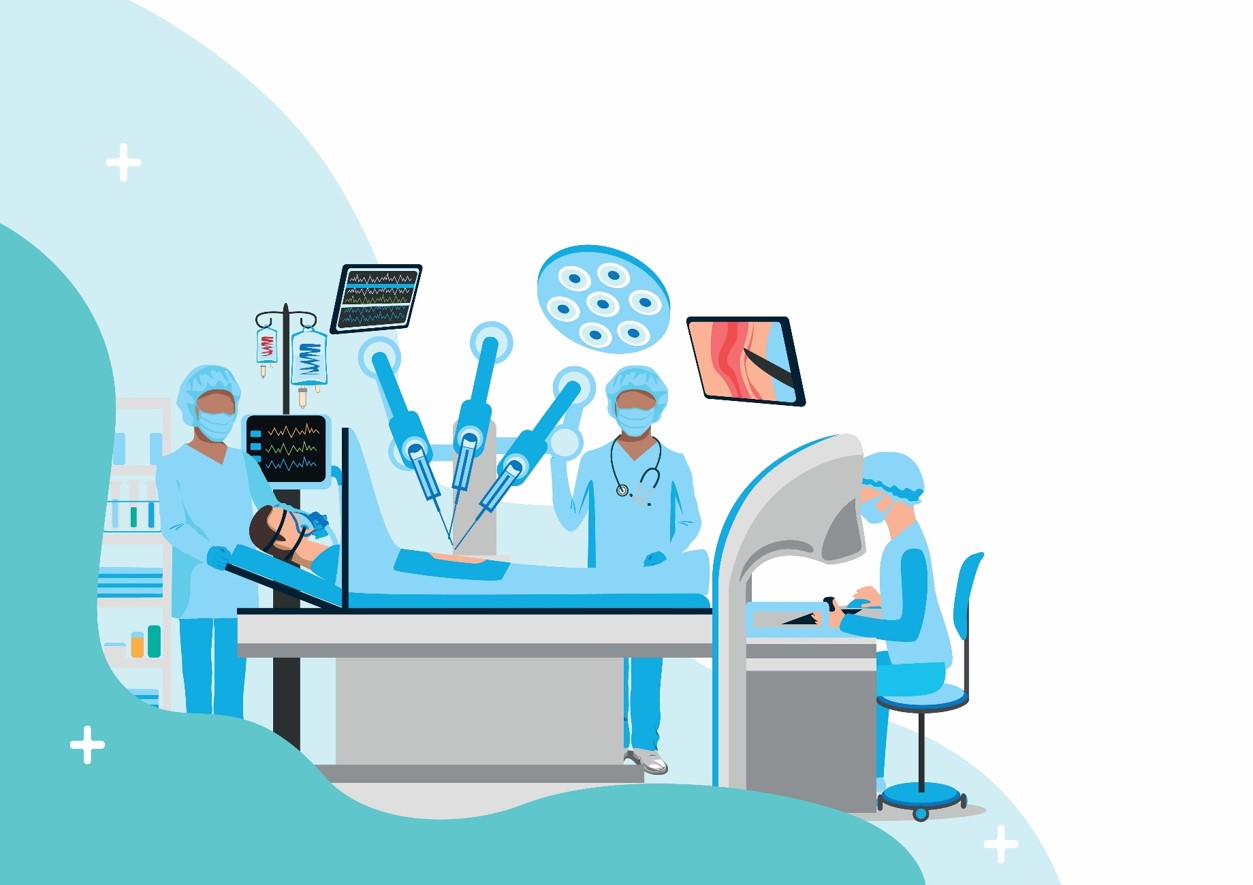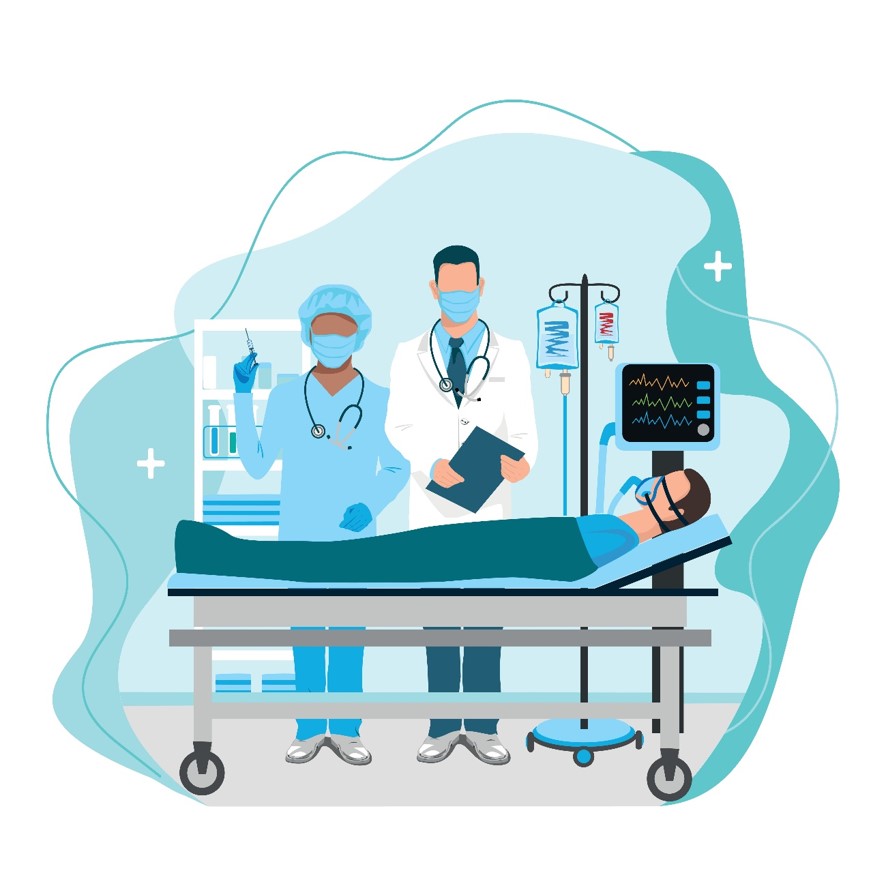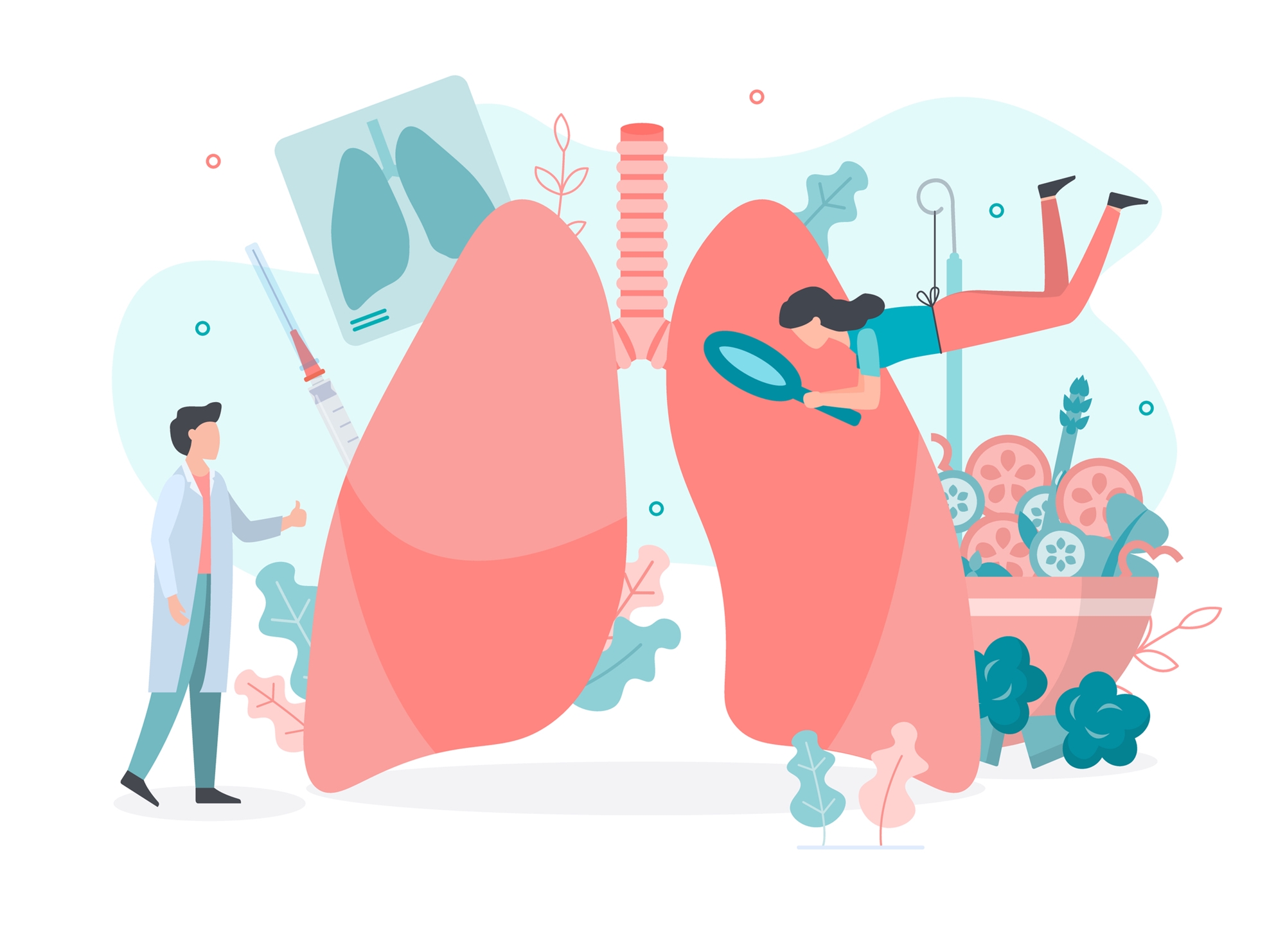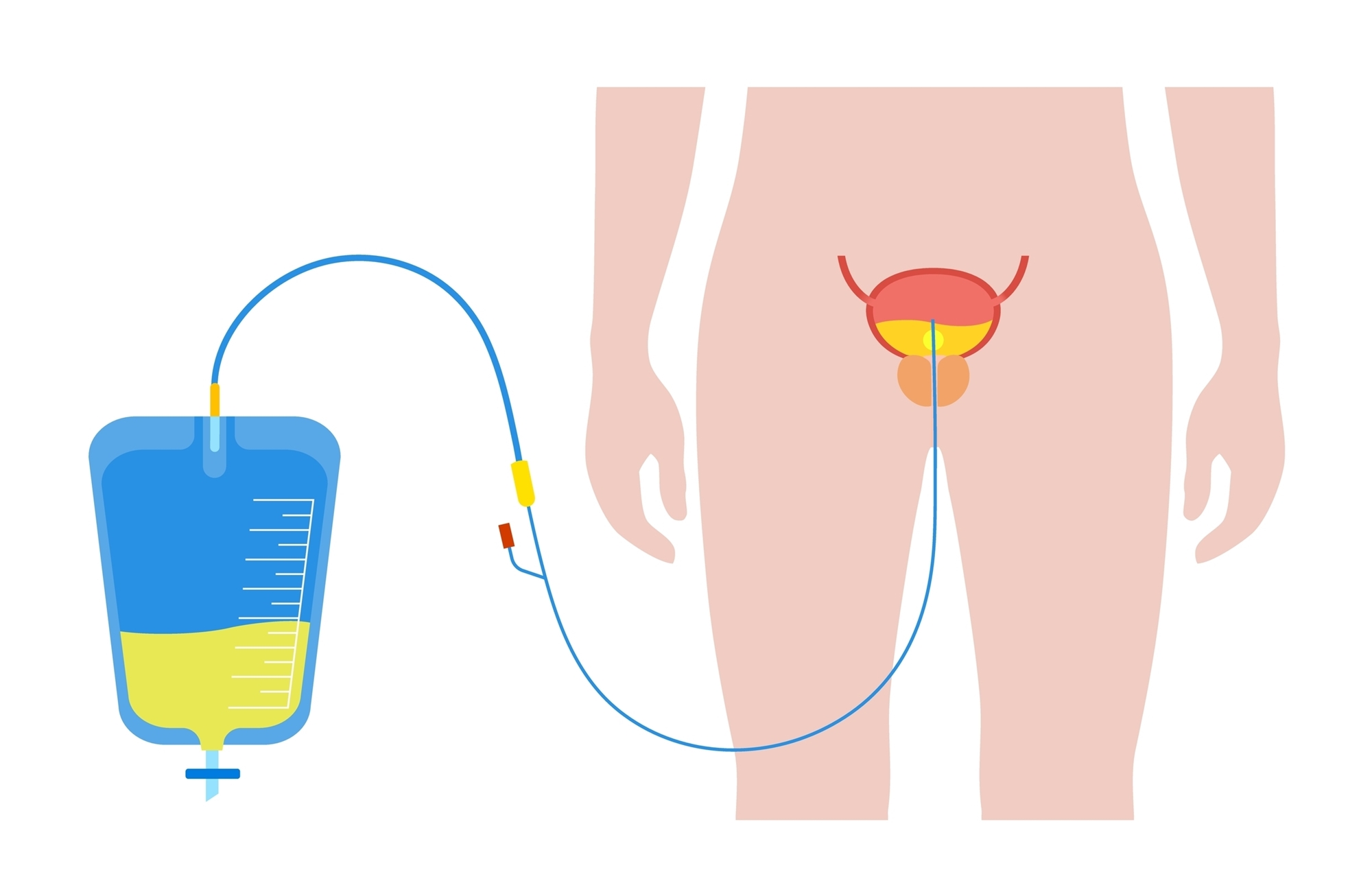ERAS Program (also known as Enhanced Recovery After Surgery) is a care model that helps you recover faster and better after surgery. This program changes the traditional surgical care strategy on the basis of empirical medicine, which minimizes the physical injury and psychological stress brought by the surgery, and thereby reduces the risk of inpatient days from post-surgical complications and achieves the goal of faster recovery.
The care team of CMUH’s ERAS Program comprises of professionals in multiple positions, including doctors, nutritionists, physical therapists, nurse practitioners, and program case managers. The content of the program includes the following three sections:
Pre-surgical Preparation: Expected surgery to the day before surgery
|
Nutrition Preparation
|
Optimization of functional capacity
|
Adjustment of lifestyle
|
Psychological preparation
|
 |
 |
 |
 |
Care During Surgery: On the day of operation
|
Precision Anesthesia
|
Minimally invasive surgery
|
Active Warming
|
.jpg) |
 |
 |
Post-Surgery Recovery: Day of surgery to discharge from hospital
|
Excellent recovery of respiratory function
|
Effective pain control Reduce postoperative nausea and vomiting |
Reduce unnecessary tubes
|
Early enteral diet and mobilization Nutrition and rehabilitation implementation |
 |
 |
 |
 |
Comparison with general surgical procedures
| Surgical Stages |
General Surgical Treatment
|
ERAS Program
|
|
Pre-surgical preparation |
No special preparation, wait for notice of hospitalization. | Draft nutrition intake and home exercise as well as other exclusive plans to help patient quit smoking and alcohol, thereby optimizing pre-operative medical condition. |
| Pre-surgical fasting | Food and liquid fasting since midnight before the day of surgery. | The patient can still drink sugar containing clear liquid 2 hours before the surgery to prevent starving during the surgery. |
| Care during surgery | Depending on personal medical condition and administer drugs for treatment in case of symptoms. | Adopt precision anesthesia and multi-model analgesia to prevent postoperative nausea and vomiting and acute wound pain. |
| Post-surgery recovery | Wait for mitigation of wound pain and removal of tubes before ambulation. | Shorten time for tube retention while a variety of professionals will help the patient get off the bed and ambulate and start oral diet to speed up postoperative recovery. |
Our goal is to help you restore normal life soon after the surgery. We will develop a surgical care plan suitable for you together. We encourage you to bring any questions or concerns in the entire process and we will do our best to offer you a high-quality perioperative care.
 ERAS Program Health Education Animation
ERAS Program Health Education Animation

